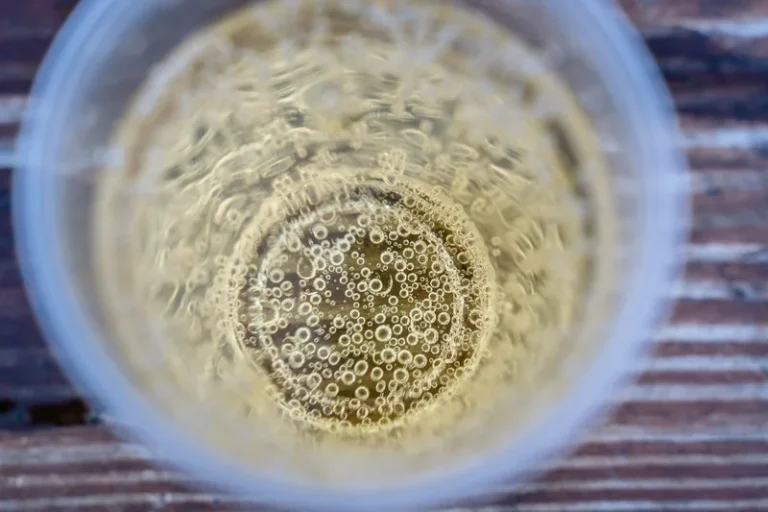
Below the surface, hidden emotions such as grief, fear, shame, and embarrassment often fuel anger. Anger is rarely an isolated emotion, shedding light on its connection to alcoholism. There can be negative thoughts or experiences when recovering alcoholics compare their old heavy drinking lifestyle to their new sober lifestyle. As a result, addicts experience feelings of discontent, emptiness, and often are full of anguish. They struggle with the idea that their alcoholic lifestyle was more exciting than their new one. Additionally, dry drunks will miss the adrenaline rush from old behaviors they do not experience in their new sober self.
2 Addressing Anger in the Treatment of Alcohol Problems
- Without breaking this cycle, it can damage both you and those around you.
- But in real life, a person who loses control of their emotions when they drink is anything but entertaining.
- The first session addressed increasing awareness of anger triggers and angry feelings, whereas the second focused on calming self-talk and problem-solving for angering situations.
- Many people whose behavior changes drastically with drinking have a hard time believing it when they’re sober.
Similarly, long-term use of alcohol can also result in psychological dependence and withdrawal symptoms upon avoiding alcohol use. Alcohol use disorder (AUD) is a condition in which a person taking alcohol struggles with alcohol dependence and has minimal control over the cravings for alcohol despite negative social and economic consequences. Clients can learn healthy stress management and coping skills to diffuse anger and other negative thoughts in group and individual therapy sessions. Emotional regulation skills and relapse prevention tools are also taught. Through behavioral therapy and counseling, a person is better able to recognize how their thoughts tie into their actions.
Consult with Confidant Health’s professionals
Third, although women comprised 48% of the sample, low statistical power prevented an assessment of gender as a =https://ecosoberhouse.com/ possible moderator of treatment outcomes. Future research should assess gender as a moderator of treatment outcome and use that information to inform the content of alcohol-adapted anger management for alcohol dependent men and women. Anger management issues may be rooted in a specific mental health disorder in some cases. Return to problematic drinking often occurs after treatment for alcohol dependence, even when that treatment was initially successful.
Domestic Violence

Anger is an emotion that varies from person to person and adapts to different situations. A cognitive, behavioral, and physical reaction to it happens all at once. Anger is typically defined as a strong feeling of displeasure, hostility, or annoyance. By prioritizing personalized interventions, we can help individuals with healing and self-discovery.
- Groups like Al-Anon or Al-Teen are available to help support people who have been affected by a loved one’s alcoholism.
- This is called alcohol myopia, and it’s another reason why people are quick to anger when they drink.
- This was a massive study of 33,215 individuals with no history of active military combat.
- A depressant is a drug that tends to suppress central nervous system activity.
Even though they speak about anger management in most Alcoholics Anonymous 12-step programs and in rehab, experiencing these emotions is different once you’re sober. Sometimes, little things like being unable to deal with or express a specific feeling can lead to an angry outburst. As a result, there’s a lot of trial and error throughout your recovery, including finding the best anger-management techniques for you. As if that wasn’t complex enough, anger can also result from inherited tendencies or brain chemistry. Furthermore, underlying mental health conditions might influence your trend towards angry outbursts.

Conversely, the chronic consumption of alcohol can also contribute to the development of anger issues. As the brain becomes accustomed to the presence of alcohol, it may become more difficult for the individual to regulate their emotions, leading to increased irritability, aggression, and outbursts of anger. Both treatments were delivered by female, masters-level social workers in accordance with treatment manuals for each condition; both therapists delivered both treatment protocols. Therapists received treatment manuals; four days of training including role plays, demonstrations and simulations; and supervised experience in both modalities with several clients prior to beginning the study.
How to Prevent and Treat Alcohol-Related Aggression

The present work provided the information on role of anger on treatment outcome among dependent and abstainers. Relapsers group differ from the abstainer group in relation to the presence of trait and state anger. It highlights the integration of screening of anger among alcohol users at de-addiction center as well as the use of anger management strategies as a part of psychosocial intervention.
Chances are, you’ve either seen this in your friends or you’ve seen alcoholism and anger it in yourself. Do you ever wonder why it feels so easy to confront your anger when you’re drinking? You’ve probably noticed (or observed) that you say and do things when you’re drinking that you wouldn’t normally say or do.
While anger is an emotion you experience when you feel threatened, aggression is a what is Oxford House hostile behavior that results in physical or psychological harm to yourself or others. Some individuals exhibit “trait anger,” a personality trait that means they continually look for triggers that make them angry. Researchers have studied the connection between anger and aggression for years. However, it’s about more than getting easily upset or having a short fuse when you drink alcohol. The outcomes of alcohol and anger can be hazardous, causing traumatizing situations for the inebriated person and the people around them.
Due to medical problems that can occur during withdrawal, alcohol detoxification should be carefully controlled. One common method involves the use of benzodiazepine medications, such as diazepam. These can be either given while admitted to a health care institution or occasionally while a person remains in the community with close supervision. After detoxification, various forms of individual or group therapy or support groups can help keep a person from returning to drinking. The medications acamprosate, disulfiram, or naltrexone may also be used to help prevent further drinking.
